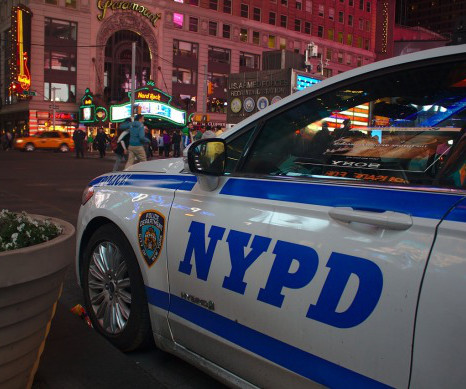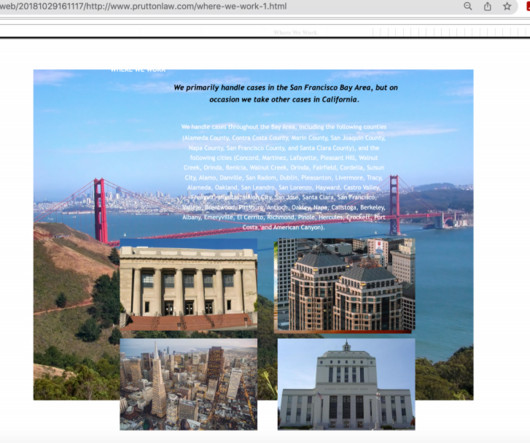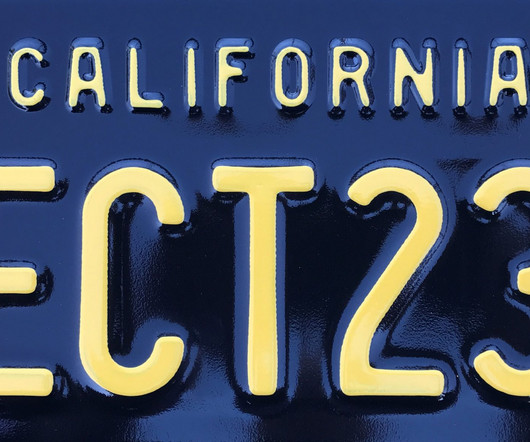Supreme Court Fixes One Problem with the Copyright Statute of Limitations, But Punts Another — Warner Chappell Music v. Nealy (Guest Blog Post)
Eric Goldman
MAY 15, 2024
In so holding, however, the Court declined to resolve the logically antecedent question of whether the discovery rule applies to the three-year copyright statute of limitations, finding “that issue is not properly presented here, because Warner Chappell never challenged the Eleventh Circuit’s use of the discovery rule below.”











Let's personalize your content